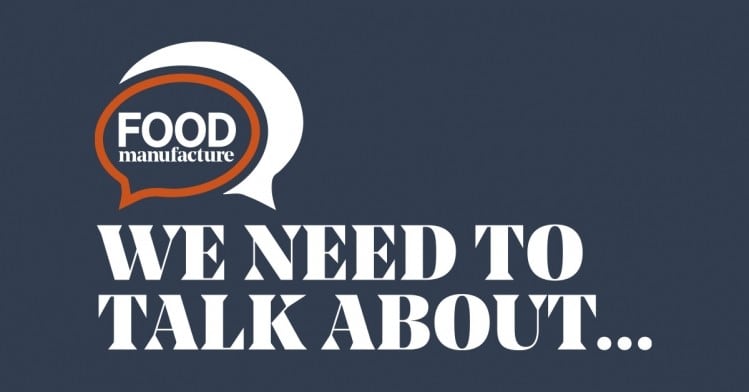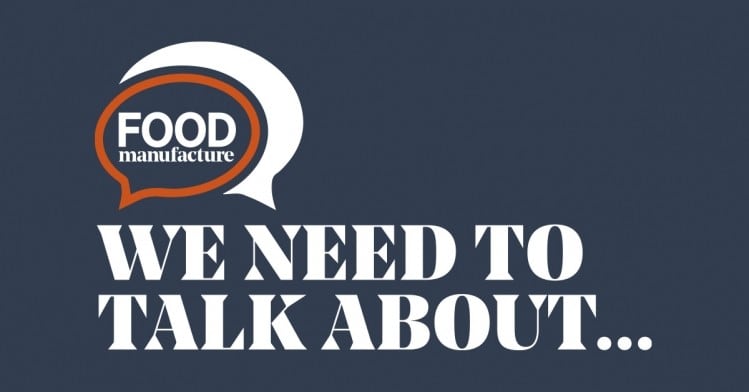The report, published yesterday (29 August), sets out the future approach to safety and security controls (applying to all imports) and sanitary and phytosanitary (SPS) controls (applying to live animals, germinal products, animal products, plants and plant product imports) at Great Britain’s borders.
The framework has been developed by the Welsh, Scottish and UK Governments, with engagement from Northern Ireland officials to and will enable EU countries importing into GB to review their ‘risk level’, with non-EU countries risk levels to follow.
This new approach has been introduced in a bid to create a smoother border process, reducing paperwork and eradicating duplication, whilst tightening up biosecurity and food safety. It’s estimated to save businesses approximately £520m annually compared to the original proposal which would have been rolled out last year.
“The threat from imported animal and plant diseases, such as African Swine Fever & Xylella fastidiosa, continues to grow. Our new regime of border controls will protect the UK and our trading partners from the economic, health and environmental harms caused by the outbreak of these diseases, whilst balancing the needs of vitally important trade,” said Christine Middlemiss, the UK’s chief veterinary officer.
SPS controls delayed
Although the final Target Operating Model has offer further clarity, welcomed by many, the UK Government has said it has “listened to the views of industry” and agreed to delay the introduction of SPS controls.
The International Meat Trade Association (IMTA) has aired its frustration over this announcement; stating that while it recognises it was necessary, the news will be disappointing to many who have spent time preparing.
“Imposing controls with just over two months' notice, and in the run up to Christmas, the busiest period in the year for the meat industry, would have had significant impact on traders. Though a delay is necessary at this late stage, it will be to the frustration of many who have expended yet more time preparing for changes the UK government had firmly told industry would happen from October 31st,” the association said in a statement.
The IMTA is now urging the Government to use this time wisely and give the industry more detail, so it can adequately prepare for the SPS rollout.
Although the model contains crucial information, such as details on groupage, the association says several of its questions raised back in April have not been addressed. This includes the areas of exact rates of physical checks, risk categories for rest of world products and the SPS charging regime.
“It is essential that details and assurances in these areas are provided ahead of the introduction of certification on imports from the EU,” the IMTA contended.
Commenting further on the news, IMTA policy manager Dan Soper offered the following views: “I think the delay will come as a relief to many of our members who have been concerned about the introduction of certification for imports from the EU and how that will impact on just in time supply chains.
“We hope that there will be a redoubling of efforts from government to engage with industry to ensure that when the, now delayed, changes are introduced sufficient consideration is given to just in time supply chains.”
In other news, UK sheep meat exports are on the up, while beef and pork see a drop. Read more here.





